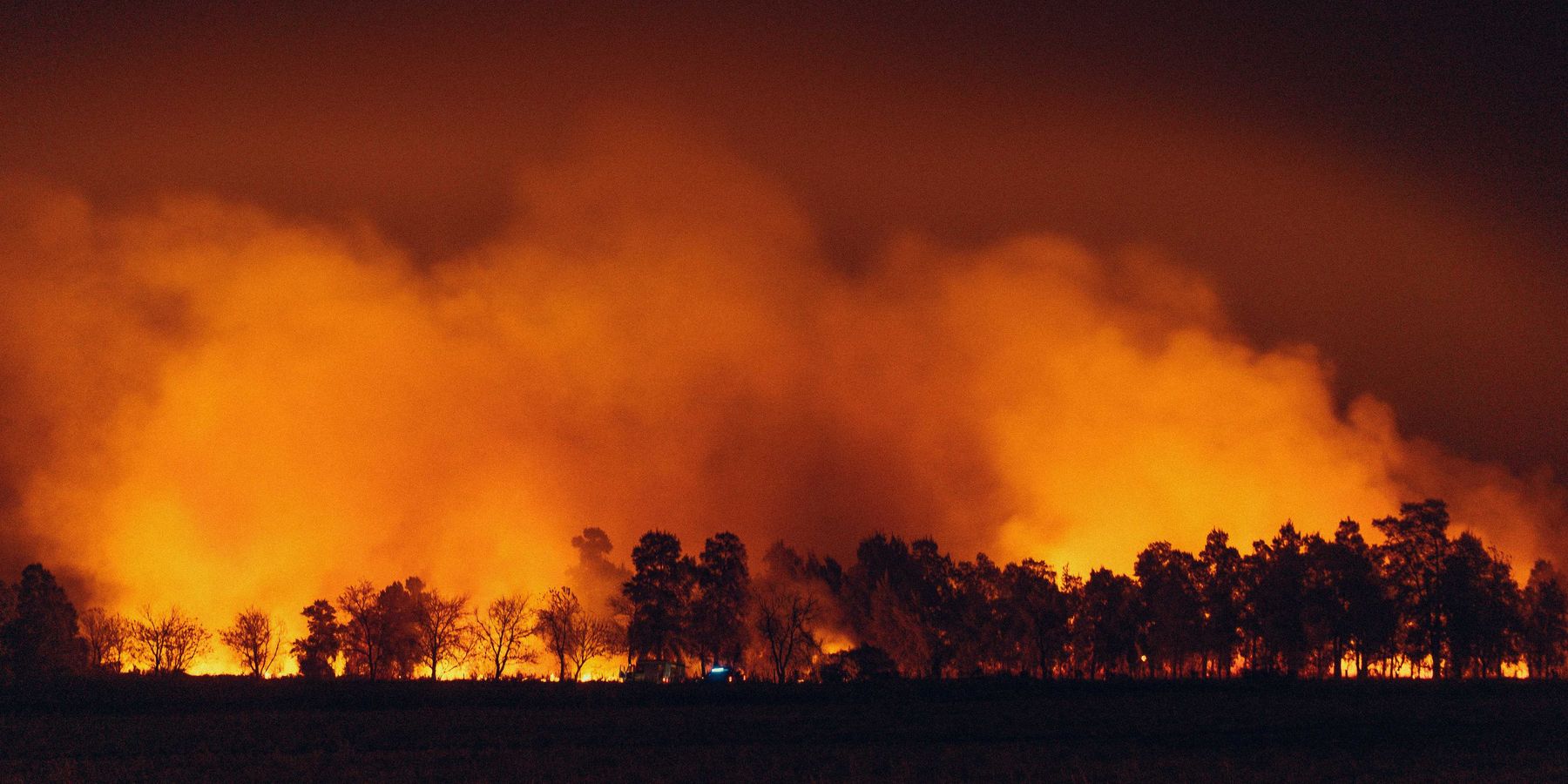everglades
Tribal plan aims to phase out Everglades oil drilling
The Miccosukee Tribe has put forth a plan to halt oil drilling in the Everglades' Big Cypress National Preserve, which they hold sacred.
In short:
- Miccosukee Tribe and WildLandscapes International aim to end oil drilling in Big Cypress by negotiating mineral rights with the Collier family, who owns most of the mineral rights in the preserve.
- The proposed deal may halt expansion plans by a Texas company and includes a multi-phase approach to relinquish rights to federal government in about 465,000 acres.
- Despite minimal oil production, environmental concerns persist over drilling impacts on the Everglades ecosystem and water sources.
Key quote:
“We have a lot of ceremonial grounds that have been in Big Cypress National Preserve, burial grounds, places where we gather our traditional medicine. So just seeing that sort of damage in a place that really matters to us a lot, it’s sad to see it.”
— Talbert Cypress, chairman of the Miccosukee Tribe of Indians of Florida.
Why this matters:
The Everglades, a vital ecosystem and water source, face threats from climate change and urban development.Further oil exploration might imperil both environmental sustainability and the cultural heritage of the Miccosukee Tribe.
Listen: Amid the hustle and bustle of an otherwise popular and populated part of the U.S. Southern peninsula, the Everglades sits as a peaceful wetland haven for tropical plants and animals.
Court drama disrupts a key environmental alliance in Florida
A legal battle between the Everglades Foundation and a former scientist has sparked controversy, highlighting a clash over environmental policy and personal integrity.
In short:
- The Everglades Foundation's lawsuit against former scientist Tom Van Lent has caused division within one of the nation's leading environmental coalitions.
- Allegations of "trade secrets" theft and data destruction by Van Lent have led to legal consequences, including bankruptcy and potential jail time.
- This dispute has raised concerns about the impact of internal conflicts on the broader effort to restore the Everglades, a critical environmental project.
Key quote:
“A 2022 employment matter does not impact those of us who are mission-focused on restoration and the environment. The Everglades is the priority.”
— Jacquie Weisblum, Everglades Foundation’s VP of communications
Why this matters:
This conflict brings to light the challenges of maintaining unity among allies in the fight for environmental causes, especially when personal and political agendas may interfere with collaborative efforts for the greater good. How did we get here? Together, we make mud: Environmental politics at the start of a new decade.
In the Florida Everglades, a greenhouse gas emissions hotspot
Drainage has exposed the fertile soils of the Everglades Agricultural Area, a region responsible for much of the nation’s sugar cane.
Fish and Wildlife Service proposes sprawling conservation area in Everglades watershed
Explosive growth continues to pressure Florida’s natural resources, and climate change will drive more development inland. The hope is to push back against the impact.
In the Everglades, a clash portrayed as ‘science vs. politics’ pits a leading scientist against his former employer
An influential foundation contends that Tom Van Lent stole “trade secrets.” Environmentalists question why such “secrets” exist, as work unfolds on a controversial reservoir touted by Gov. Ron DeSantis as the “crown jewel of Everglades restoration.”
Climate change forces a rethinking of mammoth Everglades restoration plan
The U.S. Army Corps of Engineers and South Florida Water Management District are poised to begin a new restudy of the Everglades’ historic water management infrastructure aimed at adapting the framework to deal with rising seas, violent storms and a continuing influx of people.
Climate change forces a rethinking of mammoth Everglades restoration plan
Even as the $21 billion effort unfolds, officials realize that its water infrastructure cannot contend with rising seas, violent storms and Florida’s non-stop influx of residents.









